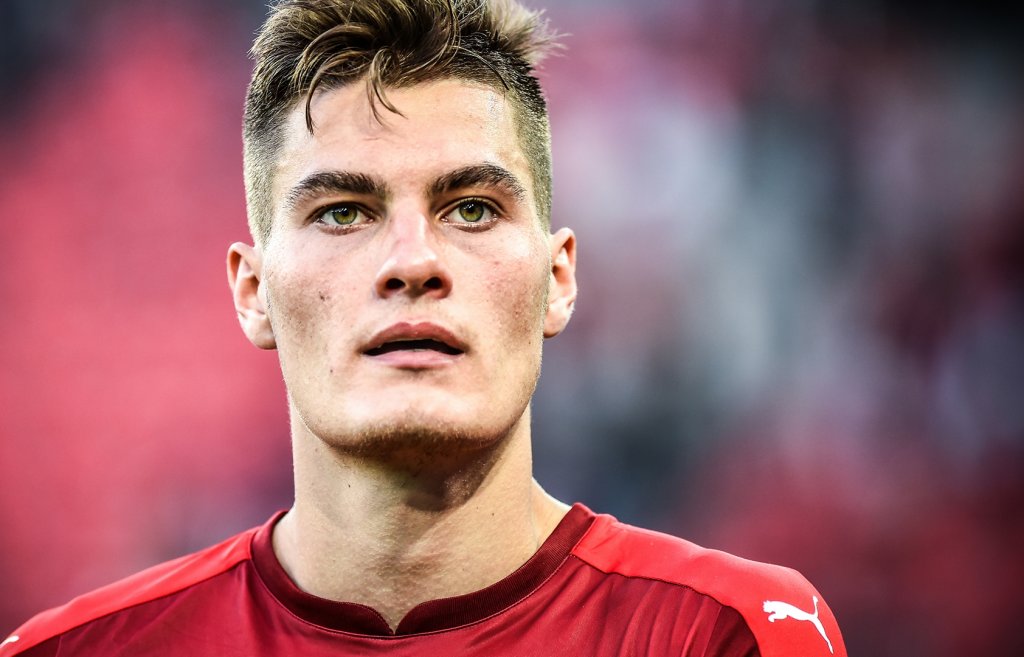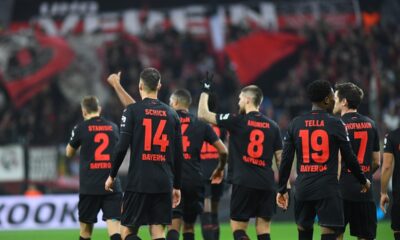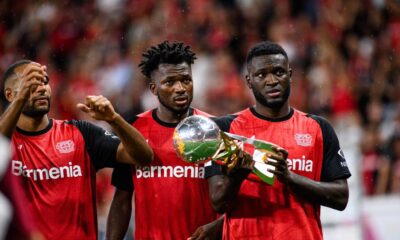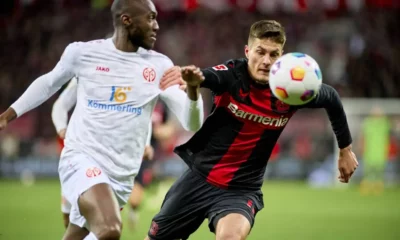Football
The Schick penalty case. Why should it have been whistled and why could he have stayed on the pitch after treatment?
Probably nobody expected before the game that the most debated moment would be the penalty after Dejan Lovren’s intervention. Why was it correctly whistled according to the official rules and why was Schick allowed to continue playing immediately despite treatment?

Probably nobody expected before the game that the most debated moment would be the penalty after Dejan Lovren’s intervention. Why was it correctly whistled according to the official rules and why was Schick allowed to continue playing immediately despite treatment?
The Czech national team drew with Croatia in their second match at the Euro and again thanks to Patrik Schick, the only goal scorer of Šilhavy’s selection so far. He not only clinically converted the penalty, but also won it when he was brought down in the box by Dejan Lovren in an aerial duel.
He elbowed him sharply in the nose in a jump and after a review by the video referee, Spanish referee Carlos Del Cerro Grande pointed to the penalty spot.
It was this verdict that caused a great uproar in the world, as a large part of the public is convinced that Lovren could not have prevented the clash and the penalty should not have been whistled.
Lovren’s foul
According to FIFA’s official rules, there is no difference between an intervention in the goal area and outside it. The abbreviated definition of a penalty is: “A penalty kick is awarded when a player commits a foul leading to a direct kick inside the goal area.”
We can now move on to the rules relating to ordinary fouls – Rule 12, 1st paragraph.
“A direct kick may be awarded if a player commits any of the following acts against an opponent in a manner that, in the referee’s judgment, is careless, reckless or uses excessive force:: charges, jumps at, kicks – attempts to kick, pushes, hits – attempts to hit (including head butting), makes a defensive tackle (tackles or challenges).”
The definition of careless is: ” Careless is when a player is not sufficiently focused or does not consider the prevention of taking action. No disciplinary sanction (i.e. not even a yellow card) is necessary.”
If we reckoned that Lovren’s tackle was whistled for excessive force, he would have had to be sent off outright, which didn’t happen and the referee couldn’t have reasoned that way.
Therefore, Lovren acted illegally and the penalty was correctly whistled as his intervention met the conditions for an illegal intervention made carelessly but unintentionally. In this case, however, the yellow card should not have been given, as it had a large part to play in the subsequent development of the situation.
However, it is possible that the referee judged his intervention to be reckless, i.e.: “The player acted without regard to the danger or consequences for the opponent and must be cautioned (yellow card).”
Why was Schick allowed to play the penalty?
Because of frequent delays, a rule was introduced into football that makes it mandatory for players who are being treated to leave the field of play after treatment until the restart of play and await the referee’s instruction to return to the field of play.
In this case, Patrik Schick would have to leave the pitch and would not be able to take the penalty kick.
However, if the player really needed treatment and was then ready to continue, there is no reason why he could not remain on the pitch. So FIFA came up with a compromise.
If the fouling player was subsequently cautioned or sent off the pitch (yellow/red card), the player can stay on the pitch if he is treated quickly.
And this was the case of Patrik Schick, who was not the quickest to be treated, but the time gained by the Czech national team’s medical staff reviewing the video referee and the heated discussion between the Croats and the referee was enough.
Probably also thanks to the flowing streams of blood, the Czech striker’s injury was classified as serious. Otherwise, the treatment could have lasted a maximum of 25 seconds and then it would have had to continue off the field of play (Practical Guidelines for Match Officials, paragraph 6).
Sources used








